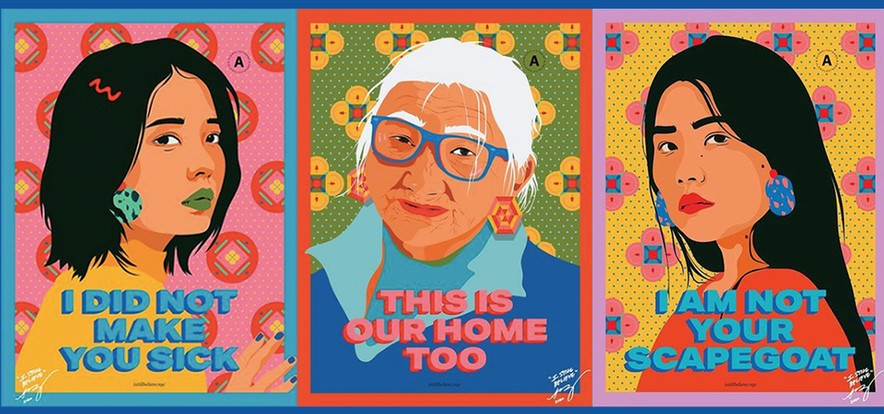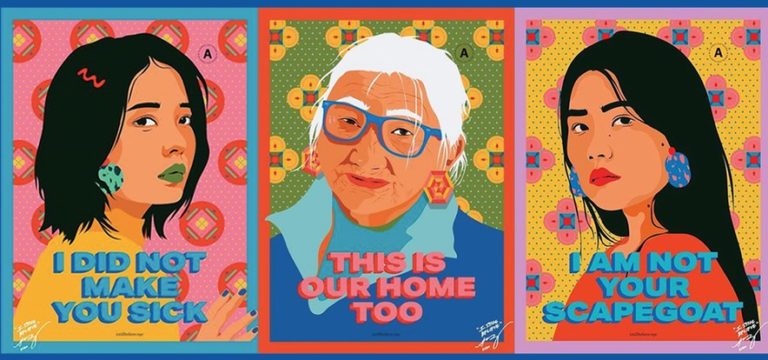 Artwork by Amanda Phingbodhipakkiya
Artwork by Amanda Phingbodhipakkiya
Since the coronavirus pandemic began, the Asian American and Pacific Islander (AAPI) community has been suffering from an uptick in hate crimes.
In its 2020-2021 national report, Stop AAPI Hate reported over 3,000 hate crimes. The Center for the Study of Hate and Extremism at California State University declared that anti-Asian hate crimes increased by 150%.
The Atlanta spa shooting was a culmination of anti-Asian racism that has been ongoing for decades. Scapegoating Asians for the coronavirus has only made it worse.
Asian voices in America have always been minimized in entertainment, politics, and in media.
But with attacks on the most vulnerable members of our community, we refuse to be silenced any longer.
It may seem overwhelming to educate yourself and get involved with activism. However, it is crucial if we as a society are going to move forward toward racial equality and justice.
From my own experience, here are the first steps to advocating for equal rights.
[zombify_post]


0 Comments